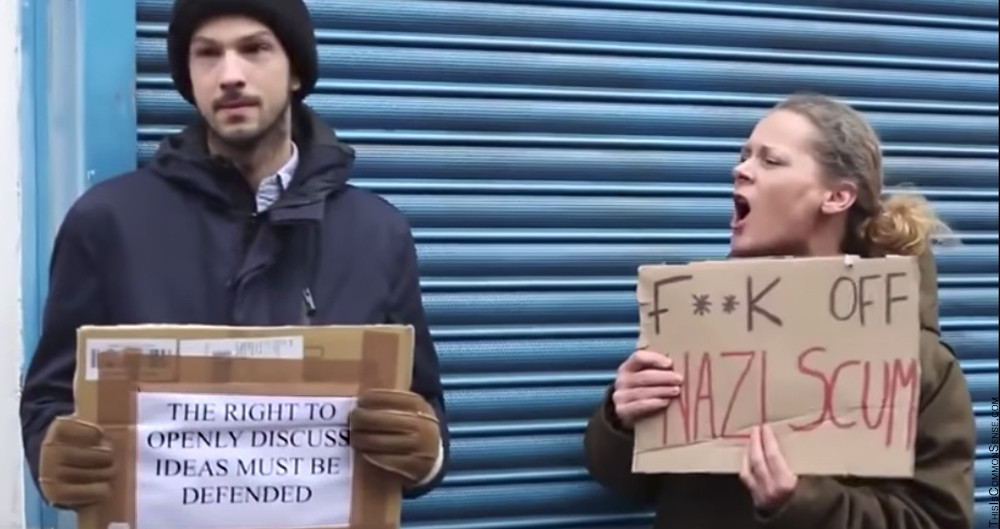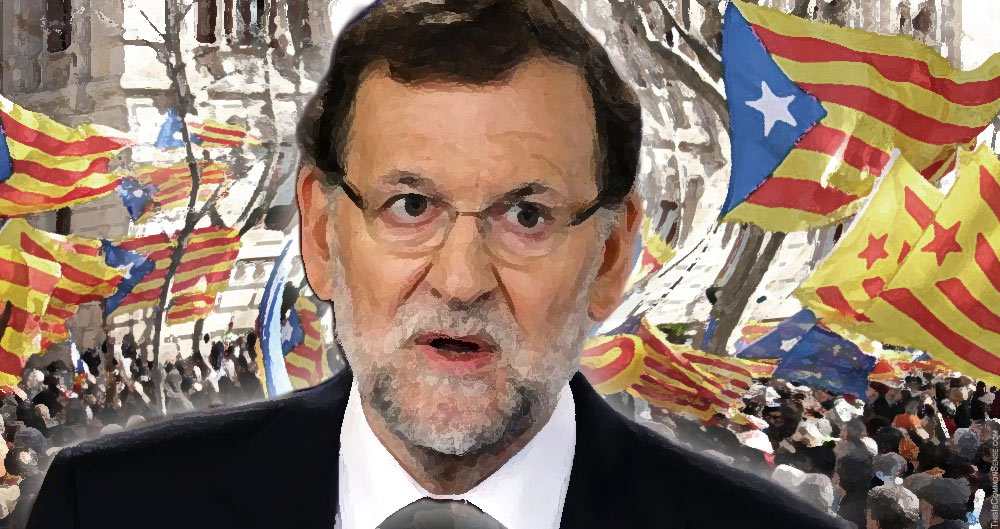Today’s campus radicals assert that free speech is bad because it “gives voice” to people with hateful, dangerous views.
Does that argument seem at all familiar? It is the old RightThink rationale for censorship.
A recent Spiked “Unsafe Spaces” event at Rutgers (“Identity Politics: the New Racialism”) was interrupted by now-too-famiar shouts and out-of-turn questions and invective. Kmele Foster, one of the panelists, had been explaining how important free speech rights were to the civil rights protesters in the 1960s, and to Martin Luther King in particular.
At “that precise moment,” as Reason’s Matt Welch puts it, the shouts of “Black lives matter!” began. And continued.
But more interesting than this bullying? Some of the more coherent theses articulated by the interrupters. One woman, CampusReform relates,
yelled in response to the panelists that she doesn’t “need statistics,” later complaining that “the system” controls facts.
“It’s the system. It’s the institution,” she said. “Don’t tell me about facts. I don’t need no facts.”
Well, the moment you prove immune to any fact is the exact point in time that you’ve given up on rationality, free inquiry, and maybe even civilization itself.
It’s so 1984-ish.
And it demonstrates the old idea that, when you can no longer reason or allow others to express different opinions … or even discuss the factuality of this or that contention, you have only one other option: force.
Become bully.
Or tyrant.
Civilization is the triumph of persuasion over force. Being against free speech is to reverse that.
The acme of barbarism.
This is Common Sense. I’m Paul Jacob.










